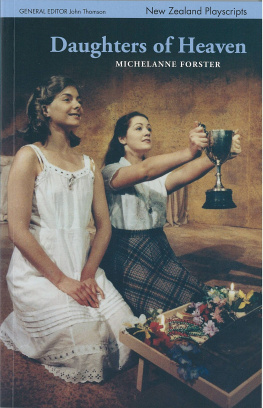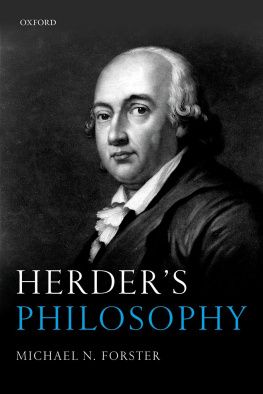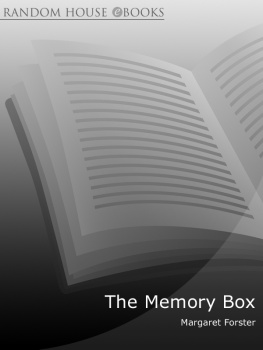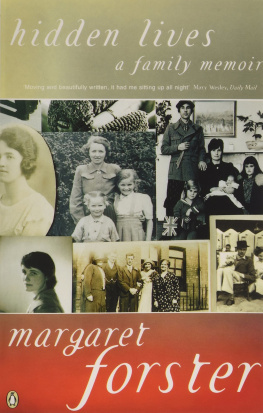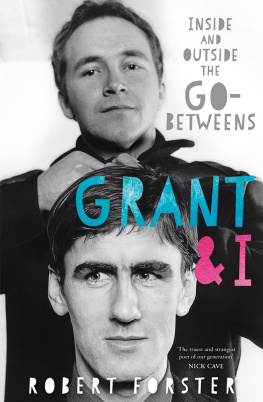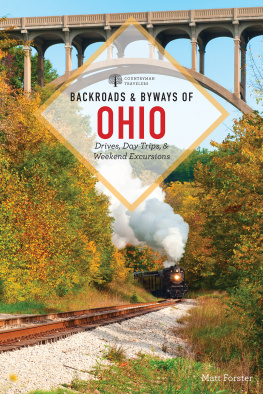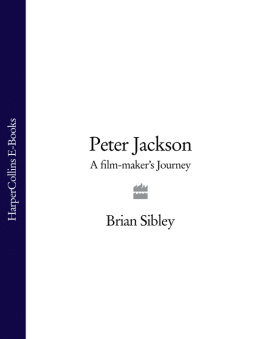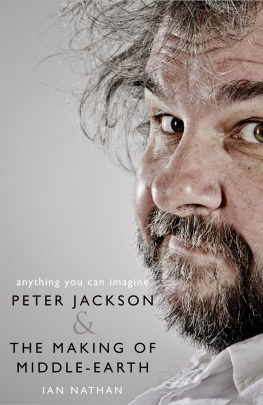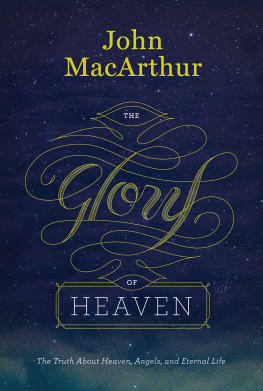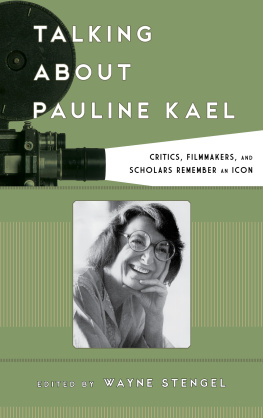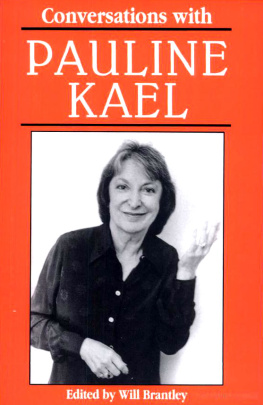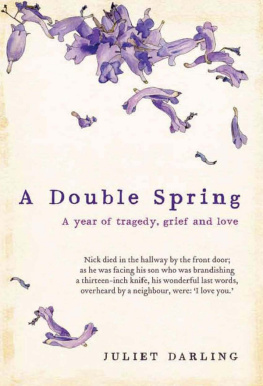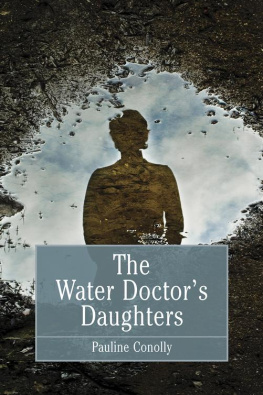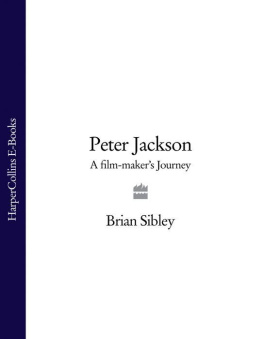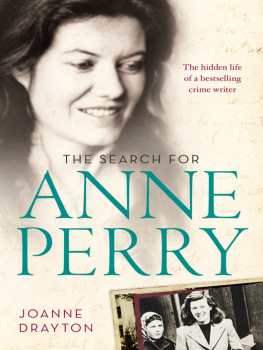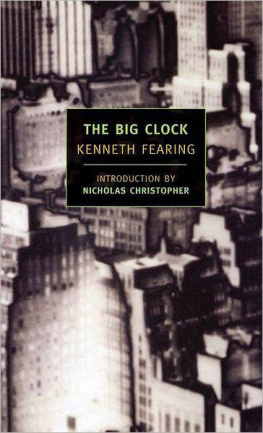Forster - Daughters of Heaven
Here you can read online Forster - Daughters of Heaven full text of the book (entire story) in english for free. Download pdf and epub, get meaning, cover and reviews about this ebook. City: New Zealand, year: 2013;2012, publisher: Victoria University Press, genre: Detective and thriller. Description of the work, (preface) as well as reviews are available. Best literature library LitArk.com created for fans of good reading and offers a wide selection of genres:
Romance novel
Science fiction
Adventure
Detective
Science
History
Home and family
Prose
Art
Politics
Computer
Non-fiction
Religion
Business
Children
Humor
Choose a favorite category and find really read worthwhile books. Enjoy immersion in the world of imagination, feel the emotions of the characters or learn something new for yourself, make an fascinating discovery.
- Book:Daughters of Heaven
- Author:
- Publisher:Victoria University Press
- Genre:
- Year:2013;2012
- City:New Zealand
- Rating:4 / 5
- Favourites:Add to favourites
- Your mark:
- 80
- 1
- 2
- 3
- 4
- 5
Daughters of Heaven: summary, description and annotation
We offer to read an annotation, description, summary or preface (depends on what the author of the book "Daughters of Heaven" wrote himself). If you haven't found the necessary information about the book — write in the comments, we will try to find it.
Daughters of Heaven — read online for free the complete book (whole text) full work
Below is the text of the book, divided by pages. System saving the place of the last page read, allows you to conveniently read the book "Daughters of Heaven" online for free, without having to search again every time where you left off. Put a bookmark, and you can go to the page where you finished reading at any time.
Font size:
Interval:
Bookmark:
MICHELANNE FORSTER
I thought only the uneducated like myself spoke like that. I suppose, as with so many others, the Parker-Hulme case was part of my education, loss of provincial innocence and the beginning of disillusion. So when Michelanne Forster approached me about writing a play for the Court Theatre on the subject, I was enthusiasticit was part of my life, part of the lore of this city and, most important, an engrossing and bizarre story. I also felt enough time had gone bynearly forty yearsfor the events to have become historyhistory meaning the record of the past that can be contemplated in a detached and critical manner. In this last assumption, I could not have been more wrong. the case, albeit in theatricalor perhaps, especially in theatricalterms, the air was full of the sound of rising hackles and phrases like bad taste. the case, albeit in theatricalor perhaps, especially in theatricalterms, the air was full of the sound of rising hackles and phrases like bad taste.
Some people refused to talk about the case, while others would not stop. It was as if the story was still the personal and private possession of even those who had only the slightest contact with the events. The Parker-Hulme case was still a touchy subject. Michelanne Forster found two main sources for the play: the public record of the trial as it exists in the almost verbatim reports that appeared in the two major daily papers of the city, and interviews with survivors. Several people refused to speak to her, and several more were very guarded. However, through polite and persistent enquiry, she was able to assemble facts and, more important for the theatre, idiosyncratic detail that brought both the personalities and the provincial atmosphere of Christchurch in 1954 to life.
Michelanne Forsters play operates on at least three levels. The external and legal facts are established by the prosecuting council, Alan Brown. This provides the simple narrative. At the same time a commentary on the events is carried on by another outside observer, Bridget. This is not so much a fictional creation as a being in whom are gathered together opinions, attitudes and facts manifested in the city at the time. The case brought out all the small-town prejudices one would expect to find in a place like Christchurch in 1954: anti-intellectualism, hypocritical disapproval of sexual misconduct, religious bigotry, and strange survivals of folk superstitions such as those surrounding tuberculosis.
Between these two poles, the events of the case are recreated in a series of more-or-less naturalistic scenesthough these scenes are not always presented in strictly chronological order. Perhaps where these three lines intersect, tragic understanding may occur. While strictly adhering to the facts of the case and yet liberating observers from the need to say, It didnt happen like that, the play is presented in a manner that distances the eventsbut not so much that they become unreal. This is, indeed, making a virtue of necessity for no theatre can accurately present each locale in such a complex story. Ultimately the aim of any play, whether based on fact or presented as total fiction, is to present a world, no matter how strange or extreme, which is consistent within itself and convinces solely by itself. When it was pointed out to Michelangelo that his statue of Lorenzo de Medici looked nothing like the real man, the great artist replied that in a hundred years no one would know that, but everyone would be convinced that this marble image was how such a noble person ought to have looked.
Such is the aspiration, arrogance and sometimes the magical metamorphosis of art. Elric Hooper
Artistic Director
Court Theatre
The moider became just another scene on a page. Many Cantabrians remembered the murder and most people I approached were willing to talk to me. I was surprised, in fact, by the intensity of their recollections: information was never given lightlythe story still had the power to wound. Women tended to voice the same bewildered sentiment. HowcouldthishavehappenedhereinChristchurch? Men were, on the whole, much more reticent. Itwasalongtimeago;Idontrecall.Thegirlswerepunishedandwhatstobegainedfromtalkingaboutitnow? I collected a notebook of fragmented memories and it was these small stories which launched me towards the larger story I was after. Itwasalongtimeago;Idontrecall.Thegirlswerepunishedandwhatstobegainedfromtalkingaboutitnow? I collected a notebook of fragmented memories and it was these small stories which launched me towards the larger story I was after.
I was hunting the psychological heart of the murder. The play went through a number of rewrites. In the first draft the play seemed to be about the nature of insanity. In the next draft it seemed to be about being undone by love. The character of Bridget gradually grew stronger with each draft as her preoccupation with trying to find a meaning for an inexplicable act began to be mine as well. Evil poked its ugly head into the proceedings and added to the babble as well.
With each draft I had more and more difficulty keeping the play tidy. The characters began taking on a life of their own and pushed their way out of the page to deliver ultimatums to me. They all wanted their own viewpoints presented and they all wanted equal time. I was most relieved to be assured by Elric Hooper, the Artistic Director of the Court Theatre, who had commissioned the play, that in his view the strength of the piece lay in these many layers of conflicting viewpoint. He encouraged me not to iron out or flatten contradictions and differing points of view but rather to nourish them and allow the play to take on a texture created by complexity. When people ask me now, What is the play about? I find it nearly impossible to answer.
Font size:
Interval:
Bookmark:
Similar books «Daughters of Heaven»
Look at similar books to Daughters of Heaven. We have selected literature similar in name and meaning in the hope of providing readers with more options to find new, interesting, not yet read works.
Discussion, reviews of the book Daughters of Heaven and just readers' own opinions. Leave your comments, write what you think about the work, its meaning or the main characters. Specify what exactly you liked and what you didn't like, and why you think so.

